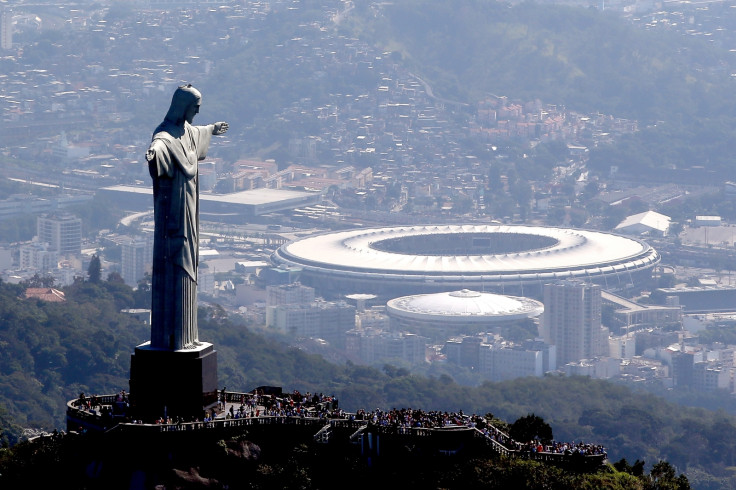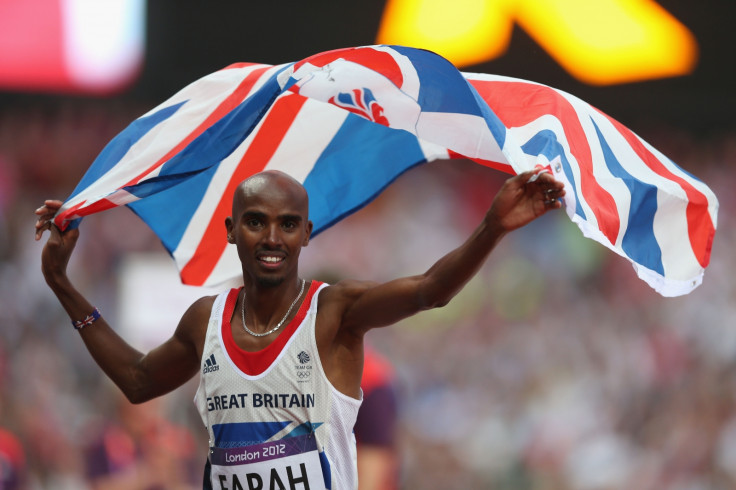Despite Russia's doping scandal and Rio 2016 troubles we will all be gripped by Olympics fever
KEY POINTS
- History shows pre-Games worries are nothing new and are quickly forgotten.
- Rio will remain a city with problems but for two weeks it will dazzle as centre of the sporting universe.
Virtually no Olympic Games goes ahead without a plethora of "it's-not-going-to-be-ready-in-time" worries and other controversies appearing in the weeks/months leading up to the event. The stadium won't be finished in time, they said, ahead of the very first modern Olympics in Athens in 1896.
The same was said ahead of Antwerp in the first post-First Wold War Games and almost every Games since, although not so much before the 1936 Berlin Olympics but that's a very different kettle of fish.
Rio 2016 is undergoing these usual pre-Games delights of infrastructure delays, such as the plumbing problems in the athletes' village (while the toilets might be blocked, living conditions are not as "uninhabitable" as they are just a few miles away in Rio's favelas). Elsewhere, the fancy dans of the golfing world, invited to the Olympics for the first time since 1904, will be missing some of its biggest names due to fears over the Zika virus.
On the eve of the Games it has been decided that some of Russia's athletes are to be allowed to compete in Rio despite a state-sponsored doping programme of epic proportions, Ironically – or some stronger word – the athlete most responsible for uncovering this drugs scandal, Yuliya Stepanova, will be one of the few Russians to be banned from the Games. Go figure. The Cold War led to the Americans boycotting Moscow in 1980 and Russia's athletes missing out on Los Angeles 1984.
And yet, despite all this, every Olympics goes ahead as planned and once the Games are under way all is forgotten and forgiven as we immerse ourselves in an orgy of sport.
There is something magical about the Olympics. Anyone who was in London four years ago can testify to this. The doom mongers who predicted London 2012 would be one huge traffic jam and a Games drenched by the British summer were proven spectacularly wrong by the cheery atmosphere on the upgraded and uncrowded tube lines and the sporting joy that peaked in the British gold rush of Super Saturday.

IFour years earlier Beijing brought us the incredible synchronisation of an Opening Ceremony beyond compare and introduced us to the superhuman capabilities of Usain Bolt. Athens in 2004 interwove the magic of the modern and the ancient; while Sydney 2000 was the perfect sporting start to a new millennium.
But the appeal of the Olympics lies beyond just the obvious sensory overload of ceremonies and the achievements of the biggest stars.
Perhaps the biggest attraction of the Olympics is that it is the only major sporting occasion where women are given equal billing with men. And where families watch together and children are as capable of following the action as the adults.
Of course there are women and children who care about the World Cups of football, cricket and rugby, but it would be disingenuous to suggest that the majority of the audience was not men. Not so with the Olympics. The trials, tribulations and achievements of multi-event athlete Mary Peters in 1972 were every bit as important to Britain as were those of Daley Thompson in 1980 and 1984. Paula Radcliffe was Britain's big long distance hope in Athens and Beijing, just as Mo Farah was in London and will be again in Rio. Super Saturday was about Jessica Ennis as much as it was about Mo Farah and Greg Rutherford.

Sydney 2000's biggest star – at least from the home perspective – was Cathy Freeman. Usain Bolt might be huge, but Shelly-Ann Fraser-Pryce and Veronica Campbell-Brown have won almost as many sprinting gold medals for Jamaica.
The list goes on and on, but the point is simply that women's sport is no second class citizen when it comes to the Olympics.
Then there is the simplicity of most Olympics sports. Every child knows about running and swimming. The Olympics is the one occasion every four years where these are prominently projected. Children are inspired when they see events that they understand and participate in themselves given prime-time TV scheduling.
And, then, of course, there are the events that are truly given their once-every-four-year burst of interest: from rowing to badminton, taekwondo to diving. And every nation suddenly finds a passion for a sport that they had no idea their country was one of the best in the world at. Remember Britain's sudden enthusiasm for hockey in 1988? A big participatory sport but rarely given much TV exposure. Sir Steve Redgrave made us all care about rowing more than we would have thought likely.
And because of this cross-generational, family-friendly appeal, the Olympics gives us all pure moments of joie de vivre – or disaster – which we share and remember. Who will ever forget the look on Kelly Holmes' face as she finally achieved what she thought she never would after injuries, disappointments and with time seemingly running out. And at the other end of the scale, the heartbreak of Derek Redmond being helped over the finish line by his Dad when his dreams had been shattered in 1992.
The Olympics have brought us the dominance of Michael Phelps, perfection of Nadia Comaneci and the political poignancy of Jesse Owens. For two weeks the world will be thrilled by the most underexposed of great athletes and become instant fans of the most unlikely events. The Olympics sucks us all in. Rio will remain a city with problems of poverty and pollution after the Games, but for two weeks it will be the dazzling centre of the sporting universe.
© Copyright IBTimes 2025. All rights reserved.





















